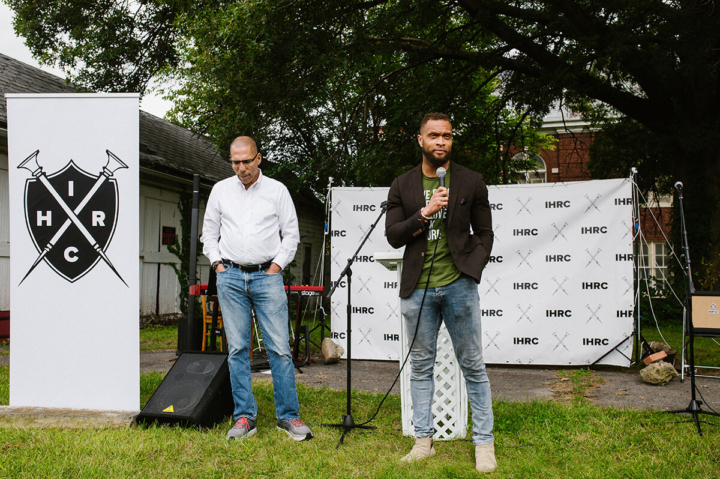
Policy & Advocacy
Iowa Harm Reduction Coalition (IHRC) provides education to policy makers, legislators, elected officials, and community leaders in order to facilitate the creation of evidence-based public policy that supports the health, dignity, autonomy, and well-being of people who use drugs, are involved with the criminal justice system, or work in the sex industry.
Through community organizing, IHRC works to build power among people with lived experience and those directly impacted by the war on drugs. With input from IHRC participants, volunteers, and community members, IHRC’s staff and board of directors identify annual legislative policy priorities, corresponding to the state legislative session.
Add your voice to ours to push powerful policy changes forward.
The Iowa Harm Reduction Coalition’s advocacy is where the triumphant and tragic stories of substance use disorders meet the science to promote the solutions.
The story of substance use dependency in America is still unfolding. Every generation has contributed its chapter. In each, there’s the familiar description of a mysterious menace that tears apart families and dehumanizes and degrades its victims.
As we’ve honorably fought our foe, the odyssey of policy directions has made the story into a tragic comedy at times – remember Prohibition or Reefer Madness?
As Americans have tried to find the correct storyline on why our loved ones struggle with drug use, we’ve all gotten jumbled up on what to believe and who to blame.
However, breakthroughs in research and evaluation of innovative programs are giving us a clearer picture of the problem and it’s giving us better solutions. Hundreds of years of changing narratives, however, has made it tough for everyone to get on the same page.

Here at the Iowa Harm Reduction Coalition we aren’t trying write a new chapter to the story of addiction – we’re starting a whole new book. We are tirelessly working to positively foster renewed awareness and understanding of substance use disorders in America and specifically here at home in Iowa.
The challenge we’ve accepted is the need to promote evidence-based policies that are counter-intuitive to the traditional narrative but are undeniably effective. First and foremost, acceptance that substance use disorders are considered a disease, driven by a complex set of environmental and social forces, rather than a choice, and that the lives of persons who are impacted by drug use are worth investing in.
The Iowa Harm Reduction Coalition’s advocacy is where the triumphant and tragic stories meet the science to promote the solutions. Please learn from it, add your voice to ours, and teach us what we need to know to be successful.
Help us write a happier future to this complex story.
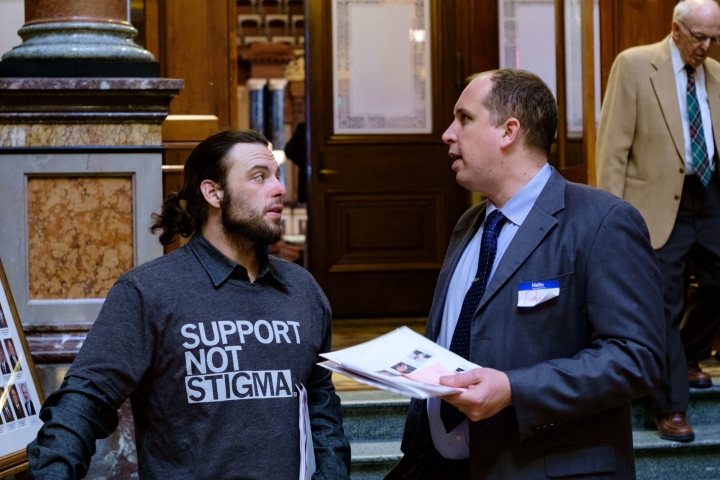
IHRC Legislative Priorities
1. Legalize needle exchange programs
Thanks to generous funding from AIDS United, IHRC leads the state-wide campaign to establish legal syringe access programs via modification of Iowa’s drug paraphernalia code, 124.414. Senate File 125, introduced in the 2019 legislative session by six Republican Senators and one Democrat, would permit the Iowa Department of Public Health to establish rules for the creation of syringe service programs (SSPs). The purpose of SSPs is to reduce and prevent the transmission of HIV, viral hepatitis, and bacterial infections, while also reducing overdose, increasing linkage into drug treatment programs, reducing syringe litter, and keeping law enforcement and first responders safe from accidental needle-sticks.

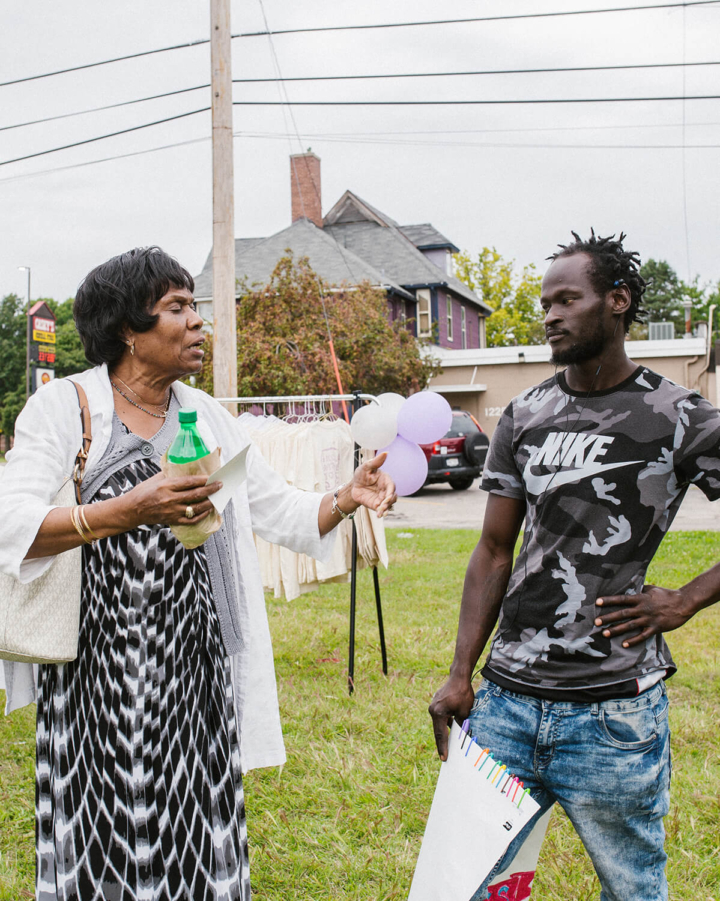
2. Improve opportunities for community-based naloxone distribution
In 2015 Iowa expanded access to naloxone by passing a law that permits pharmacists to dispense naloxone (Narcan) without a prescription under a standing order from the Medical Director of the Iowa Department of Public Health. However, few Iowans access costly Narcan via a pharmacy, and most other states utilize standing orders that permit community-based organizations (like churches, recovery community centers and syringe service programs) to dispense naloxone as well. The Centers for Disease Control supports naloxone distribution by community-based organizations, recognizing that these organizations are better suited to serve people who use drugs (who are most at risk of an overdose), and that the majority of overdoses are reversed (utilizing narcan) by people who use drugs and are first on the scene of an opioid overdose. This piece of legislation would expand Iowa’s current standing order to permit organizations like IHRC to dispense naloxone directly to people who use drugs, without a prescription from a physician or the dispensation of a pharmacist.
3. Modify Iowa's Good Samaritan Law
Governor Kim Reynolds signed into law a Good Samaritan bill in 2018. This law is meant to reduce opioid overdose deaths by permitting people to call 911 in the event of an overdose without fear of arrest. Because people who use opioids, be it prescription pills or heroin, often use these substances around other people, someone may be able to call 911 in the event of an overdose. However, many times people are hesitant to call 911 due to fears that this could lead to punishment and arrest for the possession of drugs or drug paraphernalia. When people chose not to call 911 due to these fears, people are more likely to die of an overdose. When paramedics are alerted, then emergency medical personnel can respond to the overdose, administer naloxone, and give appropriate medical care. However, Iowa’s current Good Samaritan law is not creating its intended outcome. The law contains a number of conditions, stating that people may only receive immunity for arrest on one single occasion, and no system is created to track the number of times an individual has benefitted from the law. Further, the law does not apply to individuals who have a warrant for arrest. It does not protect the individual from arrest who has experienced the overdose, and the individual calling 911 must agree to disclose their full name and contact information and remain on the scene until law enforcement permit them to leave. In a 2019 survey of 174 people who use drugs and live in Iowa, 100% of survey respondents stated that they would not call 911 in the event of witnessing an overdose because they believed the risks to be too great, and the laws protections too minimal. IHRC supports the modification of this piece of legislation in order to remove the restrictive components of the law and create a bill that people who are at risk of overdose feel would offer enough protections that they would be comfortable calling 911.
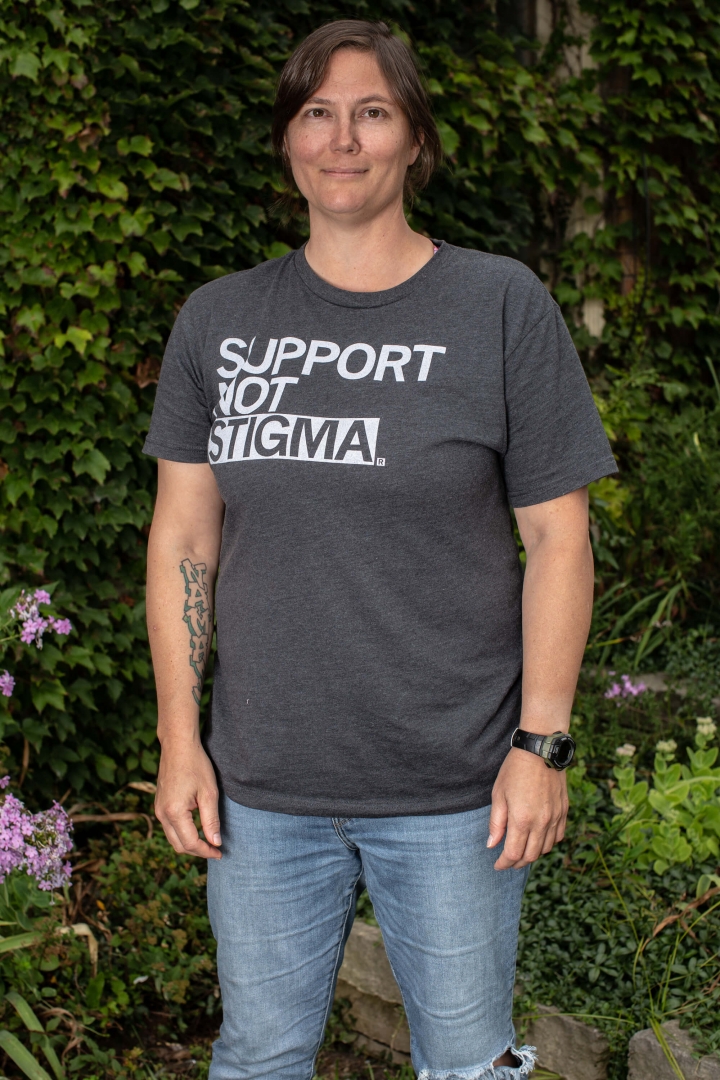

4. Guarantee access to drug treatment for people on parole & probation
If Iowans who are on parole or probation who have a history of substance use disorder experience a relapse and begin using heroin or other opioids, treatment may be impossible to obtain. This is because methadone and buprenorphine (suboxone) are available by prescription from a physician, but in order to obtain them, most physicians require that the individual be in opioid withdrawal and produce a urine drug screen that contains heroin (or another opioid). Failing a drug test in this way is thus a violation of the individual’s parole or probation. For this reason, many people who are involved in corrections continue to use heroin rather than seeking treatment. Heroin has a short half-life and people find that it is possible to use it while on parole/probation and continue to pass drug tests. Conversely, methadone and buprenorphine have a long half-life and are metabolized slowly. Failure of a urine drug screen is a violation of parole/probation and thus is grounds for revocation of one’s parole/probation. This means that for people who experience a relapse while on parole/probation, they must choose whether to continue using opioids or seek treatment and face the consequence of returning to jail or prison. IHRC’s clients often face this dilemma. IHRC’s former employee, Andy Beeler, faced this dilemma. Desiring treatment, he was too afraid of being forced to return to prison if he disclosed a failed drug test to his parole officer. His relapse and inability to obtain treatment caused him to die of an overdose in March 2019. In honor of Andy, IHRC is working to pass a law that will permit corrections involved individuals to access OAT (eg. buprenorphine, methadone) without chances of parole revocation.
5. Ensure treatment for people living with hepatitis C
Hepatitis C is the leading infectious disease killer, causing more deaths annually than the next 60 leading infectious diseases. When left untreated, it leads to liver failure and liver cancer, sometimes necessitating liver transplant. Fortunately, there is a curative medication for hepatitis C (HCV) that is safe for patients to take, features few side effects, and is relatively simple to prescribe. HCV is most commonly contracted by people who inject drugs, and due to increasing rates of IV drug use associated with the “opioid crisis” and rising meth use,” HCV rates have risen as well. In Iowa, the majority of people living with HCV are beneficiaries of Iowa Medicaid. Iowa Medicaid currently restricts access to curative HCV medications to only people with advanced liver disease and who can demonstrate six months of sobriety from alcohol and drugs. There is no medical requirement for these restrictions, and in 2015 the federal government issued a notice to Governor Reynolds stating that Iowa Medicaid’s restrictions were in violation of federal law. However, IA Medicaid has continued to deny treatment to many individuals with hepatitis C. This continues to worsen rates of HCV in Iowa, as people who are not treated are able to actively transmit the virus to one another. IHRC has worked to educate legislators on this issue since 2016 and has developed legislation that would require IA Medicaid to comply with federal guidelines and stop denying treatment from those who need it.

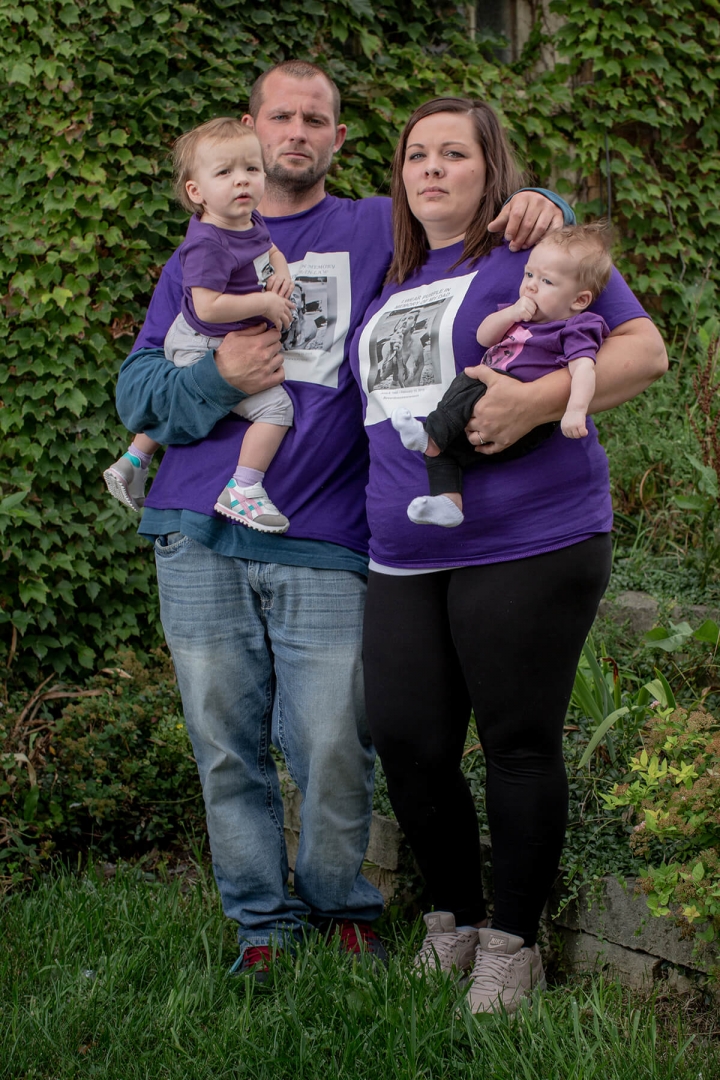
6. Extend voting rights to people who have been convicted of a felony
Iowa has one of the most restrictive voter rights laws in the country, second only to Kentucky. If convicted of a felony status, individuals permanently lose their right to vote. They may apply to have their right to vote reinstated once they have fully discharged their sentence (meaning they have served any prison time and completed a period of parole). Currently a coalition of Iowans, lead by the ACLU and the Women League of Voters is working to create an amendment to the Iowa constitution that would automatically allow those individuals who have discharged their sentence to regain their right to vote (without need for an application). To amend the IA constitution, two successive legislatures must pass a bill with the proposed amendment, and then voters must approve of the amendment via a ballot referendum. Currently this bill is moving through the process of gaining passage in a first legislative session.






